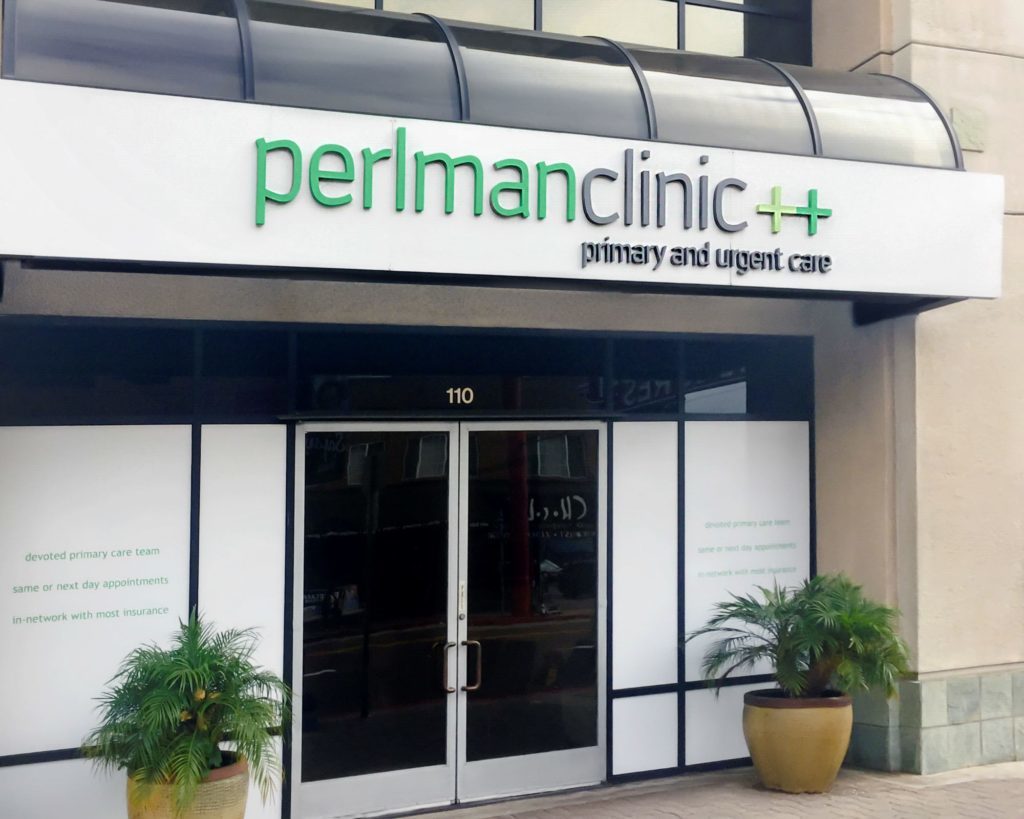The BHUCC is readily available to any adult 18+ in the Kansas City Metro Area. Readily available services include: Psychiatric Assessment & Medication, Nursing Evaluation, Behavioral Health Evaluation, Short-Term Case Management, Recommendation to Needed Resources, Referral to Long-Term Services, Interim Providers if Required 1. Our front desk staff or Therapist Professional will finish the Triage and Registration procedure. 2. Our nurse will finish a brief nursing assessment and evaluation existing or past medications. 3. Our therapists will complete a quick behavioral health evaluation to assess your current needs and history of behavioral health treatment and then make treatment recommendations (How to write a legal document before going into a mental health clinic). 4. If needed, our Psychiatrist or Nurse Practitioner will complete a quick psychiatric or medication examination.
5. Our Outreach Case Supervisor will meet you to examine your existing requirements relating to resources and referrals. They will help in linking you to a long-term medication service provider or other behavioral health provider if needed. They will continue to provide interim services until you are gotten in touch with your brand-new provider.
New York City Health + Hospitals/Bellevue provides detailed mental health services: Inpatient Outpatient Drug Abuse Treatment Emergency Our renowned programs combine: Scientific excellence Academic scholarship, and Research activities. Our mission is to restore patients as vital, healthy individuals in their families and communities. Adult Inpatient Solutions at NYC Health + Hospitals/Bellevue include: 8 inpatient systems A 20-bed Medical Detoxification Unit for patients experiencing drug abuse Multidisciplinary care teams consisting of physicians, nurses, social workers, psychological health therapists and activities therapists Customized treatment strategies that might include individual, group, and medication treatment. Whenever possible, family members or better halves are consisted of in the treatment preparation.

The Mind-Body Program provides holistic services to individuals who have medical conditions that can take advantage of mindfulness strategies. Specialized programs: Extensive Personality Disorder Program (IPDP): evaluation and treatment for patients struggling with personality disorders Geriatric Psychiatry Center: for persons over the age of 65. Services are provided in both English and Spanish and include evaluations, drug treatment, private and group therapy and social services. Bi-Lingual Treatment Program comprehensive psychiatric services for Spanish-speaking or Chinese-speaking people Psychopharmacology Clinic Supportive Case Management Program for mentally ill grownups who are homeless or at impending risk of becoming homeless Assisted Outpatient Treatment Program ongoing, court-mandated outpatient services Assertive Community Treatment (ACT) Program: thorough community-based care for individuals with an extreme and persistent mental disease.
Adult Substance Abuse Services at NYC Health + Hospitals/Bellevue include: A design of care that stresses: staying sober professional assessment and rehab, and socialization in order to assure client's restoration as an important member of the neighborhood. Methadone Treatment Program (MTP): serves clients looking for sobriety and independence from dependency through using methadone. Program consists of: Intensive medical and psychiatric treatment Continuous drug therapy, and Vocational rehab. Chemical Dependence Outpatient Program addresses dependency with making use of: Medication therapy Socialization, and Individual and group treatment. Healing Program focuses mainly on day treatment of patients with a dual diagnosis of mental disorder and compound abuse.
How Much Hour Practice Clinic Surgical Technology In Swedish Institute Of Health Sciences - The Facts
For over 80 years, NYC Health + Hospitals/Bellevue has been a leader in the field of child psychological health - How much does an executive director pay for malpractice insurance in a health clinic. In 1923, we opened the country's first children's psychiatric inpatient service located in a basic health center, and followed this innovation in 1937 by opening the world's very first adolescent inpatient unit. Operating in close partnership with the popular NYU Kid Study Center, our medical quality is reinforced through a vigorous integrated mentor and research study program. We are devoted to the arrangement of client- and family-centered, evidence-based treatment. The Department of Child and Adolescent Psychiatry provides the following medical services: Inpatient care: A 15-bed system for children, ages 4 through 12 Two 15-bed units for adolescents, ages 12 through 18 Consultation Intermediary Service to the Pediatrics inpatient service Outpatient care: Child and teen mental health clinic certified by the New York State Office of Mental Health Continuing day treatment program for children and teenagers (25 slots) Integrated Mental Health Program in Pediatrics Ambulatory Care Emergency situation services: State-certified Child and Teenager Comprehensive Psychiatric Emergency situation program, which comprises an Examination System, a 6-bed Prolonged Observation System (EOU), an Interim Crisis Center, and access to Mobile Crisis services.
Public School 35, a Special Education school serving psychiatrically ill children and adolescents, lies on-site at NYC Health + Hospitals/Bellevue and offers academic services to clients on our inpatient systems, at the Adolescent Day Medical Facility, and in our Mental Health clinic (What health insurance does portland clinic accept).
To the degree that homeless people have actually had the ability to get required healthcare services, they have actually relied on emergency clinic, centers, medical facilities, and other facilities that serve the bad. Indigent individuals (with or without a house) experience many challenges in getting healthcare. For homeless individuals there are additional barriers. Acknowledgment of the unique healthcare needs of homeless people has actually encouraged the advancement of unique services for them. In observing and explaining these healthcare and health care-related services, one need to bear in mind the heterogeneous nature of the homeless population, as well as the structure of the neighborhoods in which such services have developed.
Likewise, tries to offer health and psychological healthcare services, no matter variations in such locations as history, funding levels, and nature of assistance, likewise have particular typical components. They occurred in response to a crisis rather than developing as part of a well believed out plan. They typically brought services to homeless individuals instead of waiting for them to come in; progressively, they rely on public financing because the issue has actually grown beyond a level that the economic sector can support. The purpose of this chapter is to describe programs that look for to bring http://johnnyjmbl046.raidersfanteamshop.com/the-buzz-on-who-is-considered-a-rural-health-clinic general health and psychological health care services to homeless people.
Although the websites are not agent of the entire universe of programs for the homeless, they were picked to consist of the broadest variety of Alcohol Rehab Facility programs possible and to be geographically distributed throughout the country. In studying healthcare and associated services for homeless individuals, the committee sought to examine a broad variety of services developed over a time period, rather than to focus just on specialized services or services that have been developed recently. Nevertheless, what the committee observed were discrete services and programs. At no time did the committee encounter anything that could be appropriately called a" system" of services. However, one should also take a look at the individuals who are homeless. William Breakey (in press) has actually determined attributes of homeless people that impact the provision of treatment and the planning of health care services: Daily Activities, Some homeless people live under circumstances that present particular problems for developing a treatment plan. For many, it may be tough to keep a supply of medication while surviving on the street. For an alcoholic trying to remain sober, a homeless presence might present too lots of opportunities for drinking. Some previous clients complain that neuroleptic medications, prescribed for a schizophrenic health problem, might make them too sleepy and hinder their awareness against the threats on the streets (A nurse in a mental health clinic is caring for a client who has bipolar disorder).
